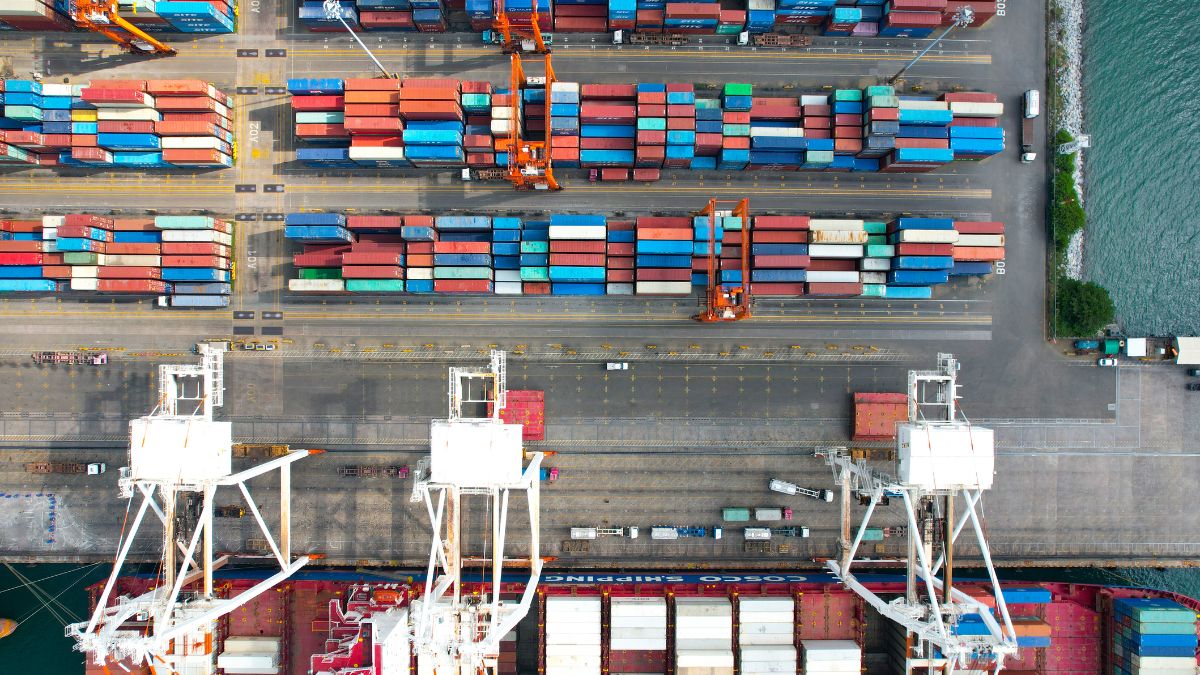
Deputy President Paul Mashatile has raised serious concerns over the growing wave of global trade protectionism, warning that it poses a direct threat to South Africa’s already fragile economy. His comments come in the wake of US President Donald Trump’s announcement of new “reciprocal tariffs,” which include South Africa among the targeted countries—though implementation has been paused for three months for all except China.
Speaking at a Workers’ Day commemoration event in Durban, attended by COSATU-affiliated unions, Mashatile cautioned that rising trade barriers and reduced global growth projections could result in more retrenchments and widespread job losses across key sectors.
“The global economy is experiencing an increase in trade barriers and a decrease in growth projections. These developments will impact our economy and will lead to retrenchments and job losses,” Mashatile said.
He also highlighted that these international shifts would further complicate efforts to tackle South Africa’s deep-rooted economic and social challenges.
“The global situation will make it more difficult for South Africa to address the economic and social challenges,” he added.
South Africa’s unemployment rate remains one of the highest globally, with the latest figures from Statistics South Africa showing 31.9% of the population out of work. Many industries fear that new trade measures, particularly from the US, could worsen this crisis.
Among the most vulnerable sectors is agriculture. As previously, the country’s table grape producers are alarmed by a proposed 31% tariff on South African exports to the US. Industry stakeholders warn this could make South African grapes uncompetitive, threatening thousands of jobs and inflicting long-term damage on an already strained export sector.
As global trade dynamics shift, Mashatile’s warning serves as a call to policymakers to urgently assess economic strategies and mitigate the risks posed by external shocks.

